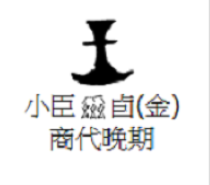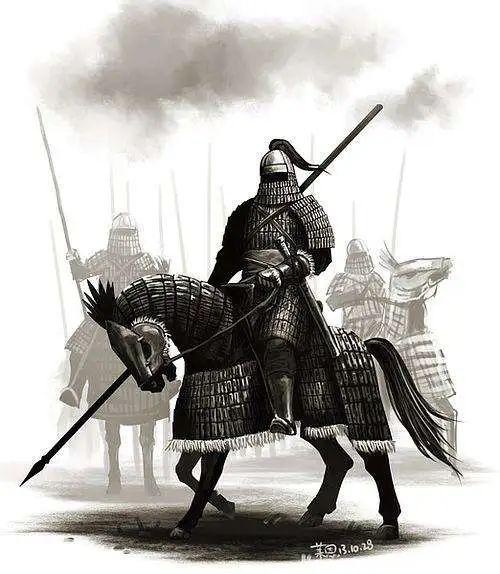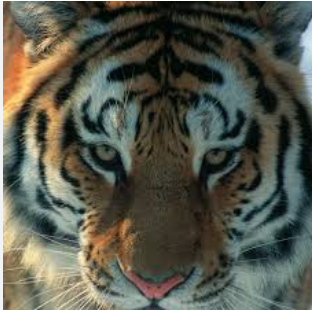There is no doubt that the character “王” (Wang) originated from the pictograph of an axe. This is a large axe from the Shang Dynasty, and I even suspect that the middle part, resembling a human nose, is the origin of the character “王.”

Here is the character “王” from the late Shang Dynasty inscriptions; it really looks like an axe.

This kind of axe is a symbol of royal authority (though we could leave out the additional bundle of wooden sticks; don’t get confused……A joke. But,in fact, you could even think of this word 王, as a Chinese equivalent of the Latin word fasces.)
Later on, “王” became a surname, clearly denoting descendants of kings after the division of land. “The Wang family, descendants of emperors, have various origins: some from the Ji surname, some from the Gui surname, some from the Zi surname, and some from the Lu surname.”
It is likely because of their high social status and resources since ancient times that the Wang surname has a large population and high status. During the Eastern Jin Dynasty, there was a saying, “Wang and Ma share the world.”
This meant that the top noble, Wang family of Langya was evenly matched with the royal power of the time.
In the Tang Dynasty, there was even a young man from the Langya Wang family who joined the army.
He might have been captured or lost his way and settled and reproduced in the board area of present-day China and Korea. Eventually, this led to the emergence of a tribe, which later brought great calamity to China—the Jurchen, known in ancient books as “Wanyan,” though it was always said, “Wanyan means Wang,” and no one understood what that meant.
It was only in recent years that DNA testing proved that these “Wanyan minority ethnic groups” that brought great disaster to China are descendants of this young Wang, a top noble of China, from the Wang family of Langya, the same family as Wang Xizhi…

(As an agricultural nation, China had no good way to deal with the fully armored heavy cavalry of the Wanyan clan at that time and suffered huge losses.)
At least this makes me feel very embarrassed….
This is somewhat like Stephen King or Martin Luther King, right? Although I’m not sure if they are descendants of kings.
The pattern on a tiger’s forehead somewhat resembles the character “王,” and it is often said that the tiger is the king of beasts.

By the way, here’s a little joke: In Chinese, how to use 11 horizontal lines and 2 vertical lines to create a pair of brothers’ names?
The answer is “王二, 王三” (Two King, Three King). In ancient China, commoners often named their children in the order of their birth, like One, Two, Three, etc.
There are also some extremely rare ancient usages, but they are all derivatives of the meaning of king and royal power.